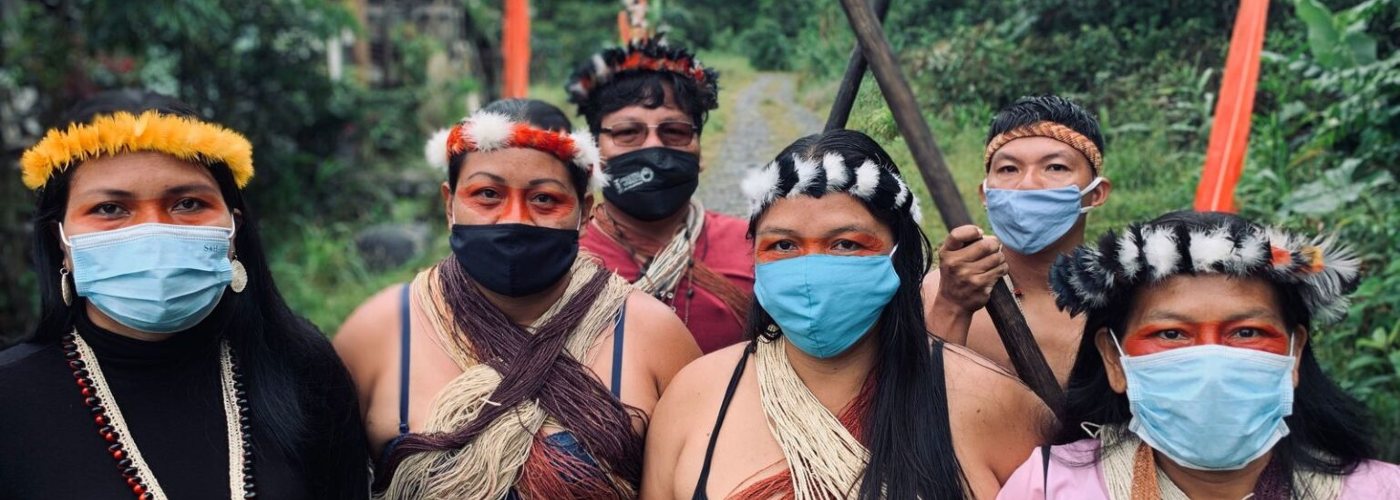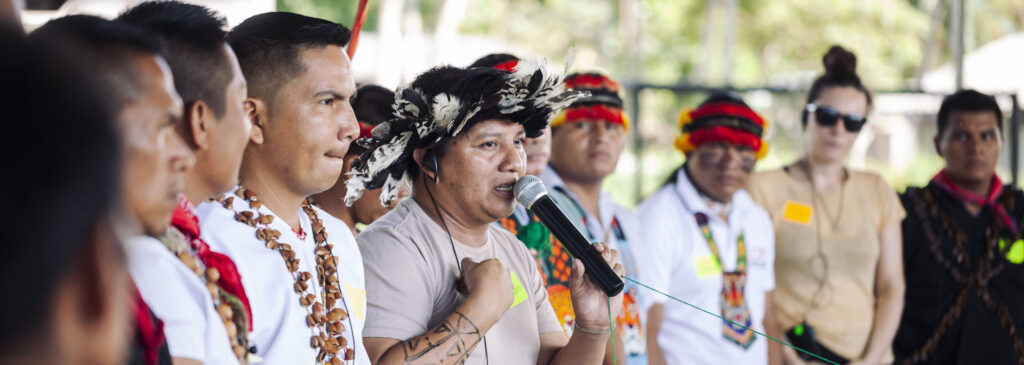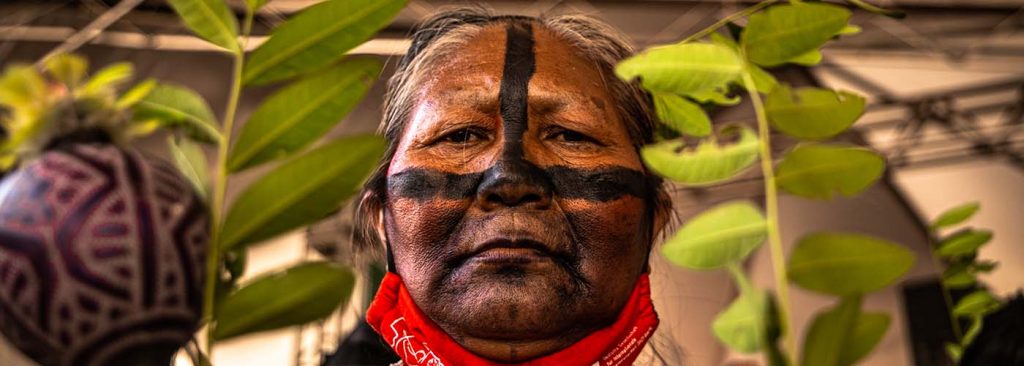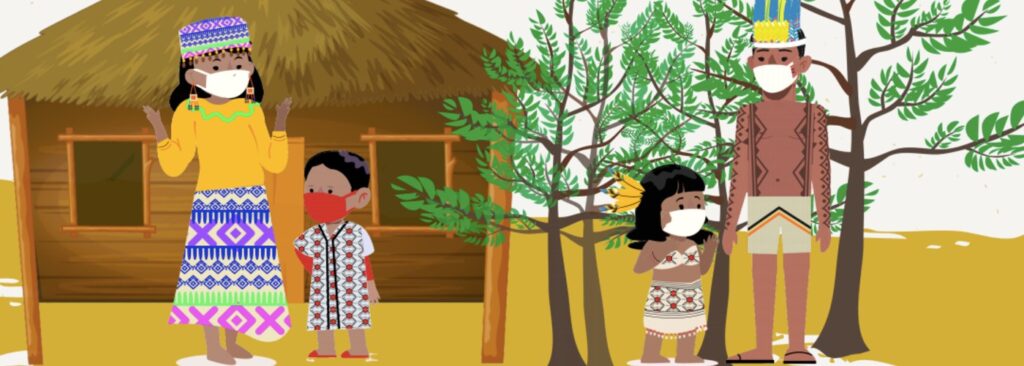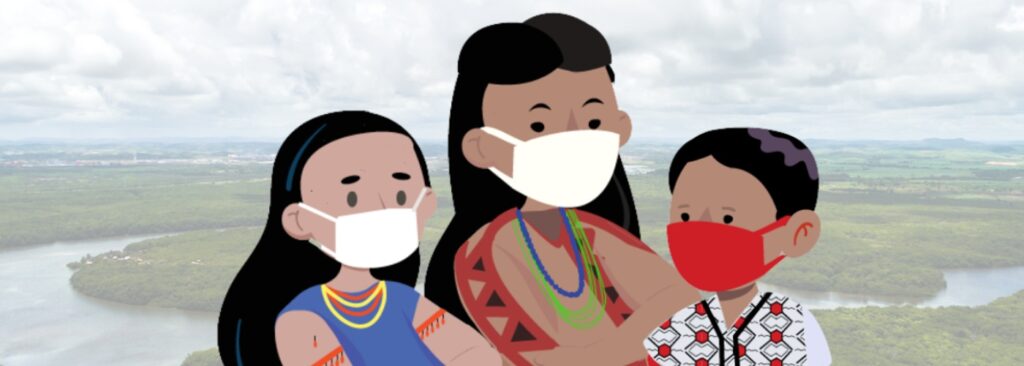This program has ended
The work of the Amazon Indigenous Health Route has entered a new phase. In this new phase, we will focus on addressing health issues and climate change. The current project is part of the Rockefeller Foundation’s new five-year climate strategy.
The Amazon Indigenous Health Route aims to promote structural changes in health systems and networks that will reduce the impact of Covid-19 on the lives, organizations and territories of Indigenous populations in the Ecuadorian, Peruvian and Brazilian Amazon.
Why Indigenous Amazon populations are at risk
In the Amazon, Covid-19 represents an increasing threat. The lack of access to health services and a proper response to the pandemic have added to the pressures that Indigenous peoples and local communities and their territories have historically faced. The effects of Covid-19 and the authorities’ limited response measures have exacerbated their existing vulnerabilities to the impacts of deforestation, logging, illegal mining, oil extraction and the constant violation of their human and territorial rights.
How the health route tackles the pandemic
The Amazon Indigenous Health Route (AIR) project is an innovative model of care based on intercultural knowledge dialogues and facilitation of multi-stakeholder processes. It brings together health public servants, indigenous organizations, academia, and civil society organizations in joint activities designed to tackle the Covid-19 pandemic in the Amazon.
The Route’s implementation is organized around four main strategies.
Strategy 1 places the needs and rights of Indigenous peoples at the center of the diagnostic and primary healthcare and telehealth networks to improve their access to care, prevention and protection measures.
Strategy 2 adapts health promotion and disease prevention approaches and materials so they are culturally relevant and can effectively foster behavioral change in target Indigenous communities.
Strategy 3 develops capacities of indigenous Community Health Promoters (CHP).
Strategy 4 expands digital surveillance capacity in Indigenous communities and links data to the formal health system.
Where
Ecuador, Peru (Madre de Dios), Brazil (Maranhão)

